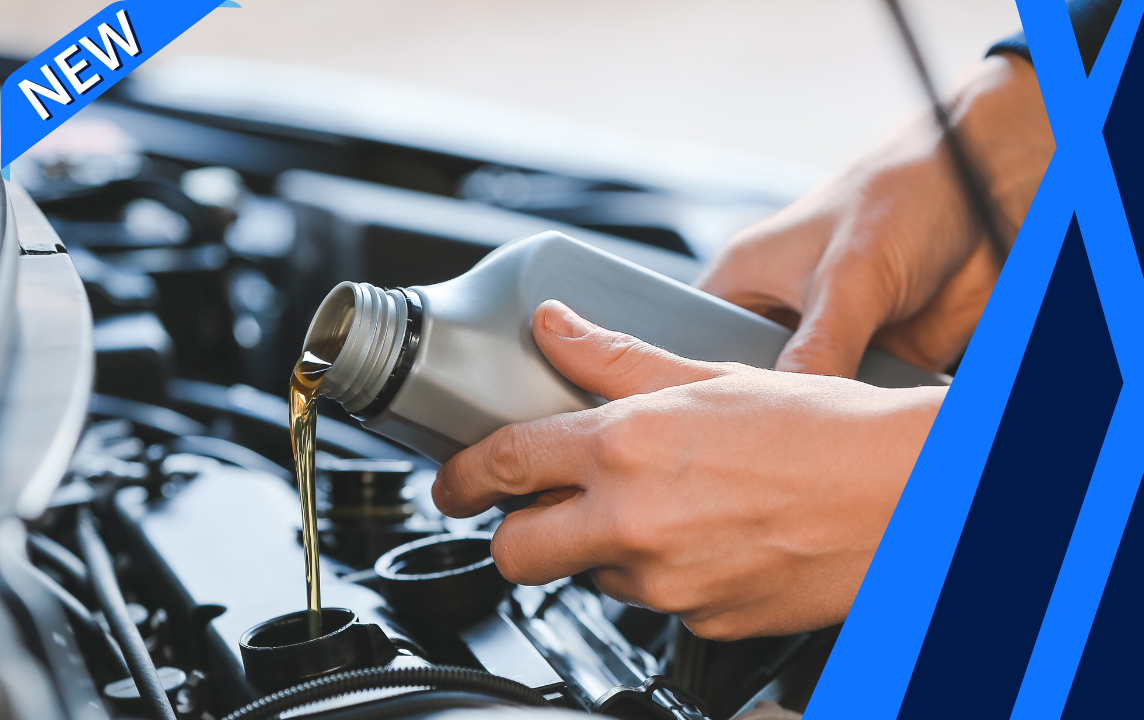Description
What is a fuel filter about?
Fuel filters are a common service component found on virtually all vehicles equipped with internal combustion engines. Their purpose is to filter out any particles that may be present in the fuel, keeping them from entering the vehicle’s fuel system, such as its fuel injectors and fuel line, and potentially damaging them or the engine. As is the case with most automotive filters, over time the fuel filter can become excessively dirty — to the point where it can no longer filter out particles efficiently, or even restrict flow. Usually, a faulty fuel filter will produce any of the following 4 symptoms that can alert the driver of an issue with the vehicle.
Symptoms of a failing fuel filter
Car is Hard to Start: One of the first symptoms commonly associated with a bad or failing fuel filter is hard starting. A dirty fuel filter may restrict the fuel system flow, or at least make it inconsistent, which can cause the vehicle to experience hard starting. This is more likely if the filter on the vehicle has never been changed.
Engine Performance Problems: Other symptoms of a bad fuel filter fall under the category of engine performance issues. Sometimes the fuel filter can become clogged to the point where it negatively affects engine performance. A severely dirty or clogged fuel filter can cause the vehicle to experience several engine problems:
Misfires or Hesitation: Under heavier loads, the clogged fuel filter may cause the engine to randomly hesitate or misfire. This occurs as particles clog the filter and deplete the fuel supply going to the engine. It tends to be more notable when accelerating. The engine may also shake or stutter at different speeds, as the amount of fuel varies due to the dirty filter.
Stalling: If a clogged fuel filter goes unaddressed for too long, it may eventually cause the engine to stall as ideal fuel flow dwindles. Extra stress and heavy loads placed on the engine may instigate the stalling or, if you wait to focus on earlier warning signs, the engine could stall shortly after starting the car.
Decrease in Power and Acceleration: An overall lack of engine power, especially noticeable when accelerating, can be caused by a dirty fuel filter. The engine’s computer ends up restricting the output to protect the engine from potentially damaging particles. The car may feel sluggish, or even go into limp mode and illuminate the Check Engine light.
Check Engine Light Comes On: Fuel filter problems can also cause the Check Engine Light to come on. Some vehicles come equipped with fuel pressure sensors that monitor the pressure of the overall fuel system. A clogged fuel filter may cause low pressure, which will set off the Check Engine Light to alert the driver — if detected by the sensor. The Check Engine Light can be set off by a wide variety of issues, so having the computer scanned for trouble codes is highly recommended.
Damaged Fuel Pump: If you notice damage to your fuel pump, it may be caused by a restricted fuel filter. The clogged fuel filter puts too much pressure on the fuel pump and prevents the proper amount of fuel in the fuel tank from reaching the engine.
How important is a fuel filter replacement?
Most fuel filters are relatively inexpensive and easy to change. If you suspect that your vehicle’s fuel filter may need to be replaced, have the vehicle inspected by a Fixxr mobile mechanic, to determine if the component should be replaced.




